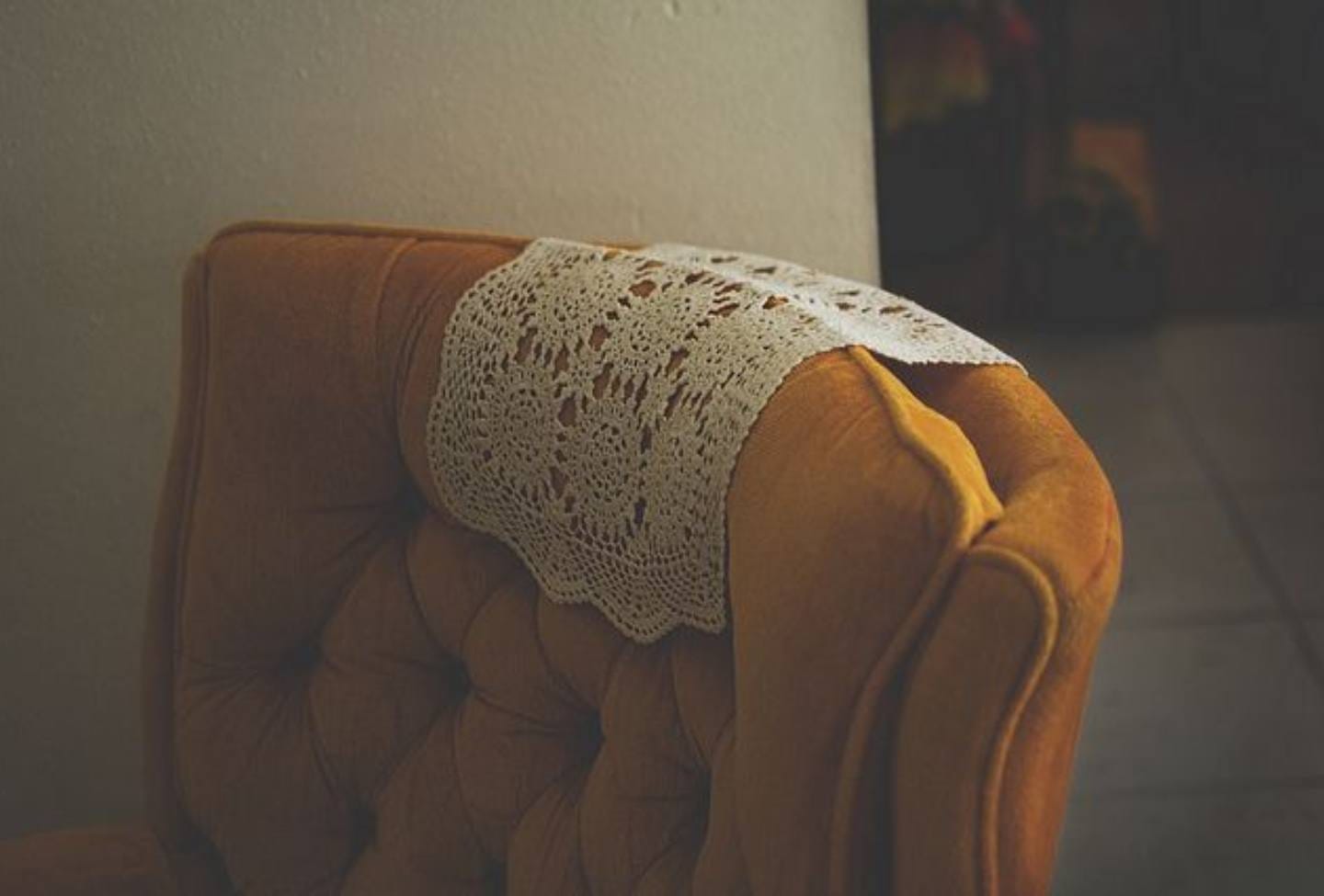Beyond Inheriting Good Longevity Genes: Celebrating my Grandma's 101st Birthday
Genetics determine 7% of our longevity. This means that 93% is within our control. What choices will you make today to shape your future health?
As my grandmother approaches her 101st birthday next week, I couldn't help but imagine reaching that milestone myself one day. This got me thinking about how much our genes influence living long, healthy lives, and I've realized that we have more control over our lifespan than we might realize.
We've all heard that certain traits run in families, right? Things like eye color or height are passed down from parent to child. Many of us also assume the same applies to longevity – if your grandparents lived to be 101, you must have inherited "good longevity genes" too.
This idea isn't entirely off the mark. Dr. Nir Barzilai's groundbreaking research provides insights into how our genes affect aging and overall health. Although his studies reveal that our genetic makeup significantly impacts both how we age and our overall healthspan, he emphasizes that while genetics matter, lifestyle factors are just as important.
A study conducted by Calico Labs challenges our assumptions about genetics and lifespan. Scientists analyzed hundreds of family histories and found evidence that relatives tend to live similar lengths of time. But then they noticed something interesting – husbands and wives also often had very similar lifespans, even though they were not biologically related.
This led researchers to realize an important factor; a phenomenon known as Assortative Mating. Essentially, we tend to choose partners who are similar to us, not just in personality and behavior, but also in physical appearance, education, socioeconomic status, and even some genetic factors. So couples end up sharing not just a life together, but also an entire lifestyle and environment. When researchers accounted for the effect of couples influencing each other, they found that genetics only accounts for 7% of how long we live, which is quite different from the previously estimated value of 20% to 30%.
I found this surprising because I have always assumed that if my grandparents lived to be 100, I must have inherited good longevity genes too. While genetics certainly play a role, it seems that the happy, healthy lifestyle and environment they cultivated for decades were also crucial factors in their long lives. My grandma, for instance, doesn't smoke, eats healthy, and stresses little, which is most probably contributing to her well-being. However, she didn't prioritize regular exercise throughout her life. I can't help but wonder how much more optimized her health could have been if physical activity had been a part of her routine.
So, next time someone celebrates their 101st birthday, remember that it's not just about our genes. Our lifespan is significantly shaped by the environment and lifestyle choices we make. Focusing on things like diet, exercise, sleep, low stress, and strong relationships remains the best way to promote longevity until we have more advanced rejuvenation therapies.
Resources:



